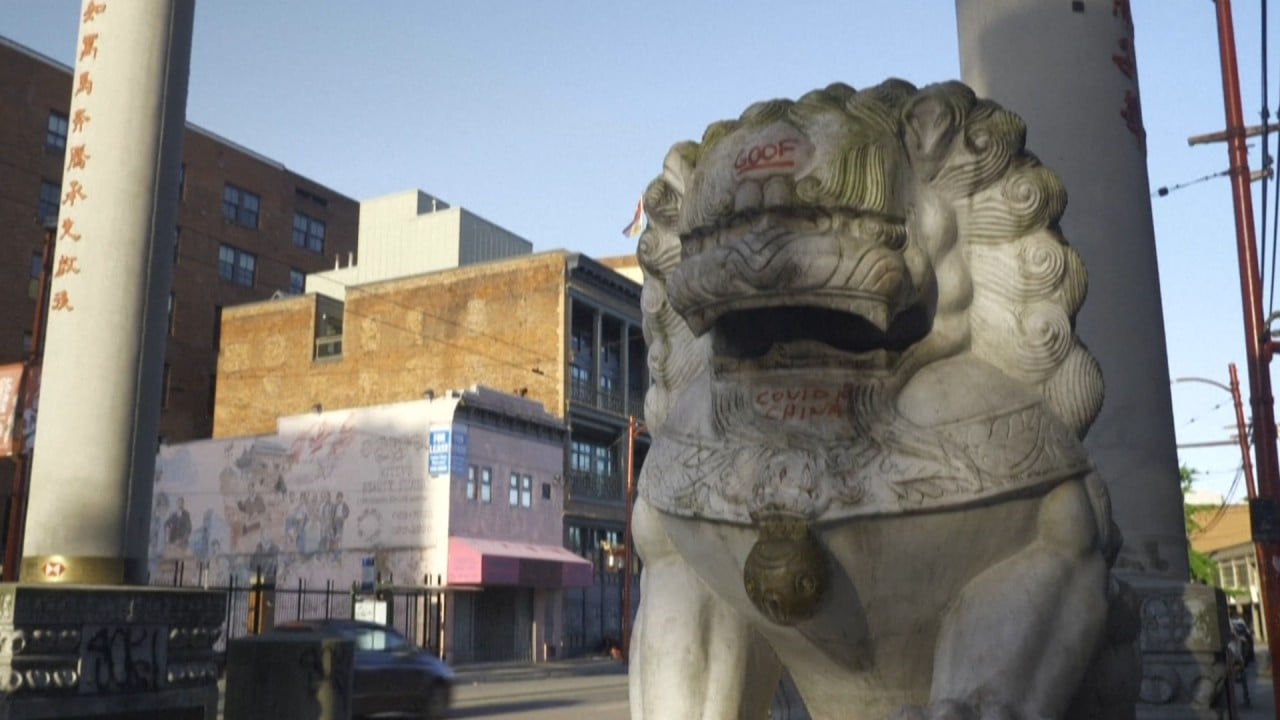Advertisement
Opinion | How to stop anti-Asian racist hate crimes from surging in times of economic and political tension
- In a world reeling from pandemic-induced crises, it is easy to pin the blame on ‘others’ – and China is an easy target
- We can discourage racism through education and by not voting for leaders who use race as a divisive tactic
Reading Time:3 minutes
Why you can trust SCMP
23

In January, Vicha Ratanapakdee, an 84-year-old Thai man living with his family in San Francisco went out for his usual morning walk. A man attacked him by slamming into him. The elderly man died of a brain haemorrhage a few days later.
Advertisement
Peng Wang, a Chinese academic living in Southampton, England, was out jogging in February when he was assaulted by four white men who yelled at him to “go home” before punching and kicking him to the ground. In Paris last month, a Japanese citizen was attacked by acid-throwing thugs.
The news these days is filled with upsetting stories like these, with equally discouraging statistics. Britain reported a 21 per cent increase in hate crimes against Asians last May during the coronavirus crisis. In a recent survey, one in five Chinese-Australians say they have been a target of racially based attacks in the past year. And in the United States, police departments and community groups are creating task forces to deal with a surge in racially motivated attacks against Asians.
Like many Hongkongers reading about these terrible incidents, I am shocked and concerned about the recent surge in anti-Asian attacks, and I have been trying to come to an understanding about why they are happening now. I know that anti-Asian racism is nothing new in modern history – certainly not in Western countries such as the US, where Chinese immigration was barred for so many years and where Japanese-American citizens were interned in camps during the second world war.
Here in Asia, we also have had dark moments of racial and ethnic strife – the violence against the Chinese community in Indonesia in 1998, and the racial discrimination faced by Koreans in Japan come to mind.
What all these moments in history have in common is that they were sparked by economic and political tension. When countries are at odds, and economic times are tough, it is easy to pin the blame on “others”. People often become collateral damage.
Advertisement

Advertisement

